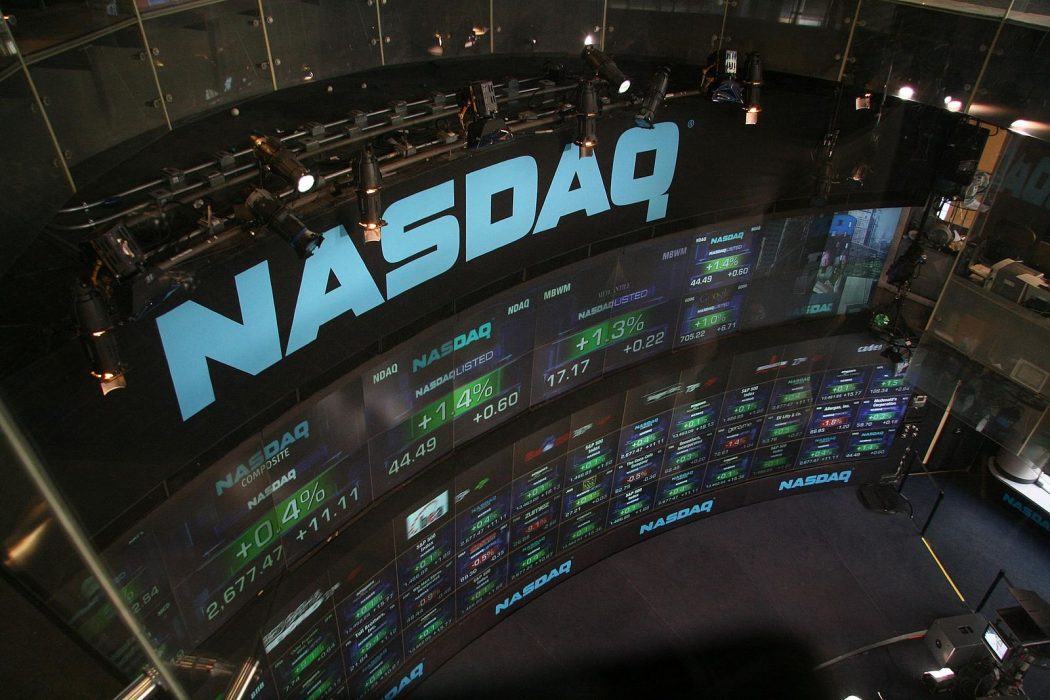The month of August has been particularly volatile for global economics and markets. This worldwide disruptiveness, with each event covered extensively in the media, is ultimately pointing towards one gloomy conclusion: recession. But what does all of this mean, and what are the signs really indicating an economic downturn? Whether it has been Donald Trump acting in his usual manner, the inversion of the yield curve, the Argentinian stock market crash, or the unforeseen plummeting of General Electric shares, the past few months around the business world have been highly turbulent. However, despite all of the classic signs of a recession, the economy continues to recover and even strengthen, almost like a muscle constantly growing – adjusting to the aforementioned signs which usually create chaos.
It’s not a secret that public events and news impact the economic and financial world; this is exemplified by the stock market’s newfound sensitivity to Twitter and social media activity. However, as is often the case, the world seems to have built up a tolerance. Both companies and countries have been forced to adapt to a rapidly changing world in a highly risky 2019. Not only have the stock markets been in turmoil, but entire nations have been experiencing new levels of financial risk and danger. Yet, despite all of the dramatic signs of a recession, the business world is learning to adapt to these volatile events.
Despite all of the dramatic signs of a recession, the business world is learning to adapt to these volatile events.”
As the economic world continues to brace for impact, it seems as though our strength in doing so is improving, in a unique phenomenon. While numbers have been crashing all over the planet, traders are actually starting to bet on falling volatility, which is a warning signal for market distress. Amongst the frenzy of crises, such as Argentina’s horrendous stock market crash, it seems as though investors are able to sift through, or declutter, the signs of true damage.
Without even knowing what most of the financial vernacular means, it is easy to identify the more serious impact of the media on the markets. As one investor mentioned, “fingerprints of many culprits can be detected” in cases like this, when almost every little event points towards a recession. Economists, in what seems to be stark desperation, have turned to analysing the prices of Japanese whiskey, which they hope can serve as an indicator of business cycle performance. When factors like these are taken into heavy consideration, it’s a mystery as to how the world hasn’t fallen into a horrendous slump.
While we may be on the verge of a disaster, as all of the signs show, it appears as though the market is toughing it out.
Most say that a recession, after the series of unfortunate financial events that have peppered the month of August, is inevitable. The fact that we haven’t seen one already, however, indicates something different. It shows that the markets are able to accept a plethora of risks – political, currency, credit, trade – and dust itself off in time for the population to regain faith in the world. While we may be on the verge of disaster, as all of the signs show, it appears as though the market is toughing it out, and delaying a nasty outcome. Even though both sides of the spectrum hold water – being too cautious and ignoring the precedents – there’s no way of predicting the future. At this stage, all we can do is sit back and watch as absurd proposals to purchase entire countries drive stock prices down into a pit.








